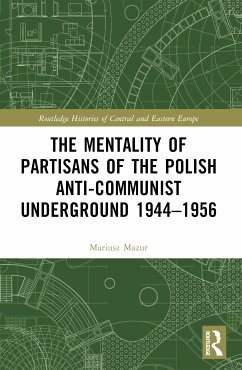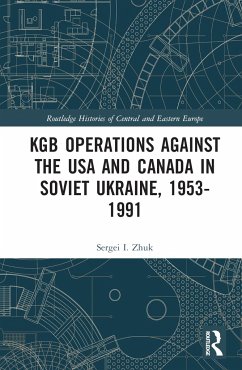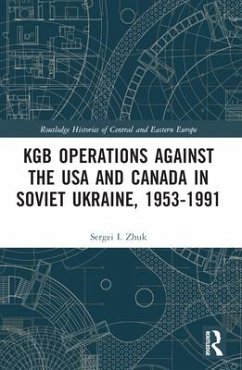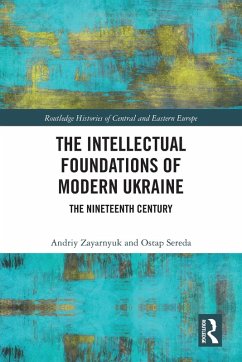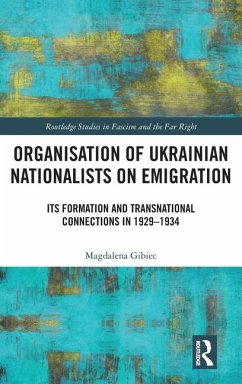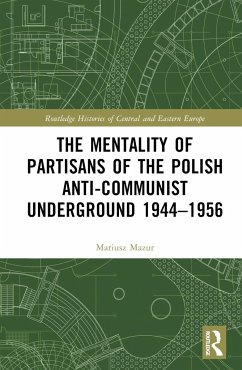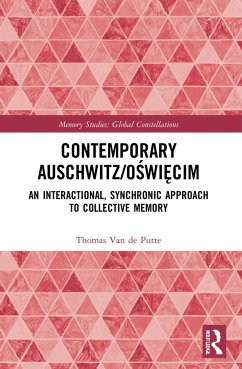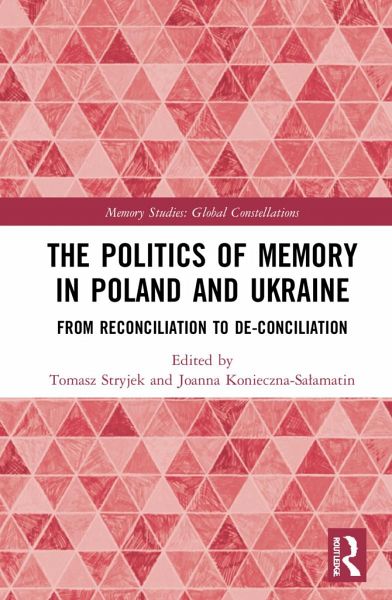
The Politics of Memory in Poland and Ukraine
From Reconciliation to De-Conciliation
Herausgegeben: Stryjek, Tomasz; Konieczna-Salamatin, Joanna
Versandkostenfrei!
Versandfertig in 6-10 Tagen
45,99 €
inkl. MwSt.
Weitere Ausgaben:

PAYBACK Punkte
23 °P sammeln!
Bringing together the work of sociologists, historians, and political scientists, this book explores the increasing importance of the politics of memory in central and eastern European states since the end of communism, with a particular focus on relations between Ukraine and Poland. Through studies of the representation of the past and the creation of memory in education, mass media, and on a local level, it examines the responses of Polish and Ukrainian authorities and public institutions to questions surrounding historical issues between the two nations. At a time of growing renationalizati...
Bringing together the work of sociologists, historians, and political scientists, this book explores the increasing importance of the politics of memory in central and eastern European states since the end of communism, with a particular focus on relations between Ukraine and Poland. Through studies of the representation of the past and the creation of memory in education, mass media, and on a local level, it examines the responses of Polish and Ukrainian authorities and public institutions to questions surrounding historical issues between the two nations. At a time of growing renationalization in domestic politics in the region, brought about by challenges connected with migration and fear of Russian military activity, this volume asks whether international cooperation and the stability of democracy are under threat. An exploration of the changes in national historical culture, The Politics of Memory in Poland and Ukraine will appeal to scholars with interests in memory studies, national identity, and the implications of memory-making for contemporary relations between states.






